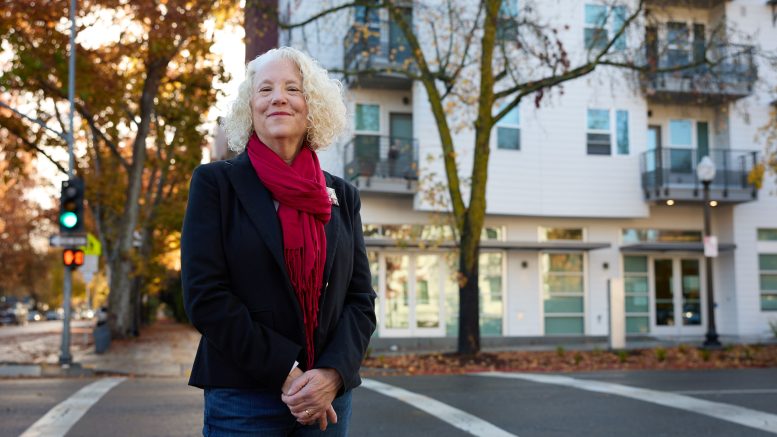Sacramento Business Journal, November 20 2018
With thousands of families displaced by the Camp Fire, homelessness advocates at the nonprofit Sacramento Steps Forward are concerned about impacts on local housing and homelessness.
On top of the unprecedented loss of life, the wildfire has since Nov. 8 destroyed at least 11,713 homes and displaced most of the town of Paradise’s population of 26,000. Reports have already arrived of strained housing resources in Butte County, which had a housing vacancy rate between 1.5 and 2.5 percent, according to the Chico Enterprise-Record.
“If you don’t have family or friends to rely upon, people who would otherwise never become homeless may become homeless,” said Ben Avey, chief public affairs officer with Sacramento Steps Forward.
The nonprofit Sacramento Steps Forward is the lead agency in Sacramento for the U.S. Department of Housing and Urban Development’s Continuum of Care Program, which distributes federal grants to programs that combat homelessness.
As fire evacuees fled south away from the danger last week, Sacramento’s hotel bookings swelled during what would typically be a quiet pre-Thanksgiving week. Avey voiced concerns that those lacking income or insurance could go from occupying local hotels to being displaced into their cars or living on the street.
Even before the fire, the Sacramento region already had a shortage of shelters for the homeless. Sacramento County has about 3,665 homeless people and shelter capacity for only 2,052, according to county reports. The County Board of Supervisors declared a homeless shelter crisis last month.
Sacramento Steps Forward is also wary of a “secondary increase” to homelessness, that could arrive from added pressures on the region’s housing stock.
“As people move from the north to Sacramento permanently or long-term, (this) will create more pressure on low-income renters, similar to the migration of people from the Bay Area,” Avey said.
Earlier this year, the Sacramento Housing Alliance found that 58,552 affordable rental homes would be required in the region to meet current housing demands.
Other officials said they were unsure of what impact, if any, the fire may have on the region’s homeless population.
“The long-term impacts could be varied and may take a while for us to see. I have not heard of any immediate, short-term impacts,” said Emily Halcon, homeless services coordinator with the city of Sacramento, in an email.





